 For those of us who believe in the need for a fundamental transformation of our society, voting in our broken system is frustrating. And yet we can’t avoid the fact that our elections have real consequences for many people, and the results shape the terrain for movement-building in the coming period. Frankly, I’d rather we be fighting to hold Hillary accountable to some of her campaign promises than fighting to stop Trump from implementing his.
For those of us who believe in the need for a fundamental transformation of our society, voting in our broken system is frustrating. And yet we can’t avoid the fact that our elections have real consequences for many people, and the results shape the terrain for movement-building in the coming period. Frankly, I’d rather we be fighting to hold Hillary accountable to some of her campaign promises than fighting to stop Trump from implementing his.
The Democratic Party is a coalition, and its leaders feel accountable to different elements of the coalition based on the power they have within the coalition itself and within the country. When Clinton (or Obama) does not feel beholden to the left, it’s not just about who they are as individual candidates or President(s, hopefully) — it’s also because our movements aren’t yet powerful enough to ensure that they listen and act. My point here is not to make excuses for elected officials who let us down, but instead to take ownership of these disappointments, as these are assessments of the relative strength of our movements and evidence that we haven’t yet done enough.
Throughout the primary, Bernie’s campaign helped to change this dynamic a little — demonstrating that not only is there broader support for a much more progressive agenda in 2016 than there was in 1992 (“the end of history”) but for the first time in my life there was a mainstream discussion of socialism in the USA. Clinton then chose to campaign mostly as a progressive (with some speed bumps) and she became a stronger candidate because of it. It doesn’t mean she is perfect or the people around her are – what is means is that it is possible to move her on the issues that our movements care about.
During the primaries, the Fight for $15, Black Lives Matter, immigrants’ rights groups, and others found smart and confrontational ways to push these issues into the center of the campaign by doing accountability sessions, protests, pickets, and other creative actions. Those movements must continue (and they will, regardless of who is elected), but each movement has to figure out what to do over the next 15 weeks to ensure the greatest chance of success after the election is over.
Should Clinton be challenged now on the issues where she is wrong? Sure — especially if there is a chance of persuading her in ways that actually build power for and accountability to the group(s) making the demands, rather than marginalizing them. Movements will have to determine whether it makes sense for them to be outside of the Democratic tent pissing in, inside the tent pissing out, inside the tent pissing both in and out, or outside the tent pissing both in and out, or some combination thereof. That’s a whole lot of urine everywhere, but hey, politics ain’t a catheter-bag.
Another major factor to consider from a strategic standpoint is what issues could Hillary get stronger on that would expand her electoral coalition and improve her chances of winning? In one recent example, she adopted some of Bernie’s ideas on college tuition. Yet ultimately it’s not just about what platform Hillary campaigns on (or even what she truly believes in her heart of hearts), but rather it’s what she will be able/willing do for us after the election. And the only definitive answer to that is: we know she can do nothing for us if she loses. Therefore, despite any misgivings we may have, we need to help her win. Getting her to agree with us and then she loses? If we want that candidate her name is Jill Stein.
Do leading Democrats need to learn that if their economic agenda ignores (or is hostile to) workers in order to serve the elite, it creates the opening for the rise of Trumpism? Yes. Despite the primary results, we’re clearly not there yet (and hence the choice of Kaine over Brown, Warren, or Perez, though I suspect other factors including my home state of Virginia were part of the calculus too). But can we teach them that lesson by allowing (or even helping!) Trump to win? That was what Jill Stein seemed to argue in her RI Future interview, and I think that is wrong so I will say it again.
First of all, if Trump wins I don’t think the centrist-conservative elements of the Democratic Party would even draw the correct conclusion. But secondly and more importantly, I don’t think that popular movements can win by losing. Victories and the confidence that people get from them expand the possibilities of future victories, and they are what help to build movements. Defeats have the opposite effect.
The ascendancy of Trump to the Presidency would be a devastating setback for millions and millions of real people, in all of our intersectional beauty — people of color, women, immigrants, LGBTIQ folks, workers. Hell, it would be a setback for lots of white folks, too, even if some of us are too poisoned by racism to see it. And it would set our movements up for renewed attacks and repression, and very likely lead to many defeats on our issues. As a candidate Trump has talked openly about limiting press freedom, and condoned violence and vigilantism by his supporters against protesters and people of color in general.
Do we think he would be less brazen once he had the power and the machinery of the federal government at his fingertips? I am not exaggerating when I say that I think that our organizations and tactics could literally be outlawed in the name of “Make America Safe Again: The Emergency Presidential Powers Act of 2017” (or whatever they call the law they pass to give Trump dictatorial authority in reaction to the first terrorist attack after he becomes President, if they even wait that long).
The election is a compression point for a whole bunch of complicated issues that people in our country have been grappling with, and yet really there are only two choices: backwards or forwards.
I’m not arguing for silence of criticism and certainly not for an abandonment of all other organizing. But I am saying that we need to roll up our sleeves and fight to elect Clinton, rather than wash our hands of it using the fact that she’s not perfect to justify it. The choice in this election is a stark one, and I am most definitely with her.
And in conclusion: Fuck Trump.


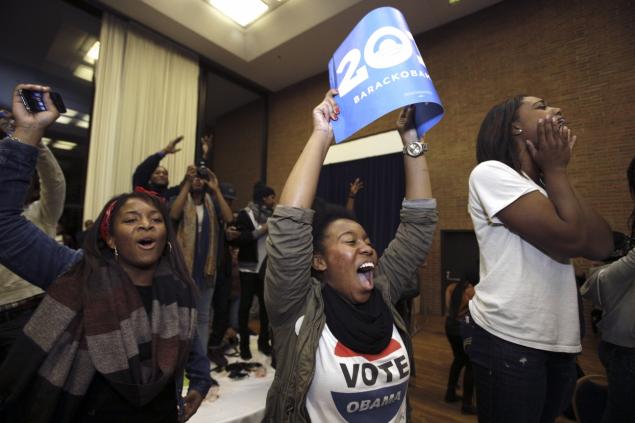
 A report (
A report (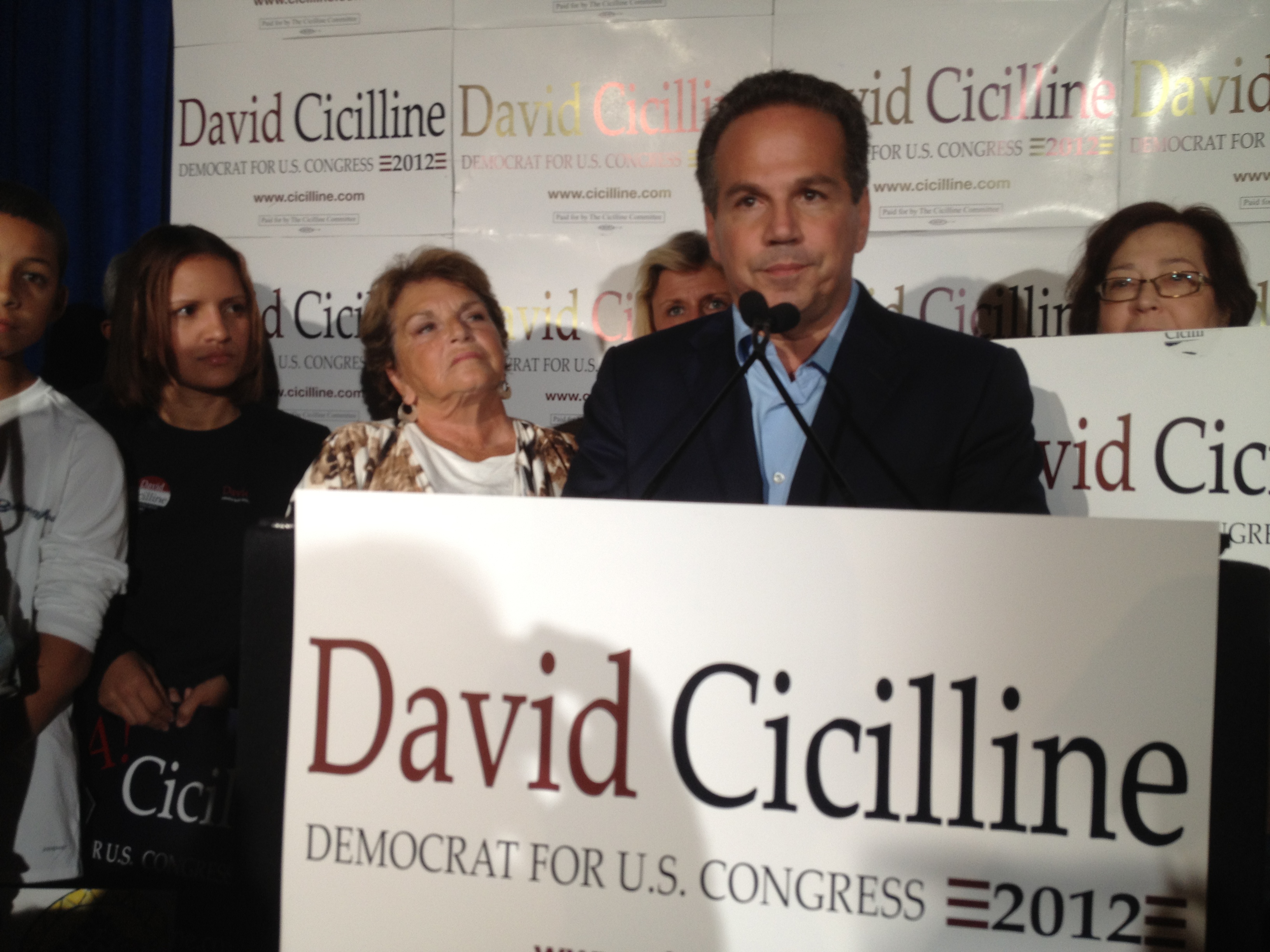


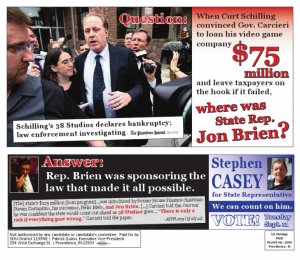
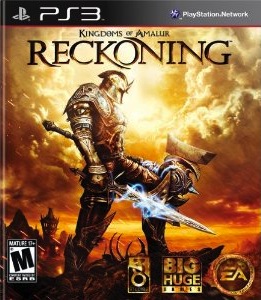

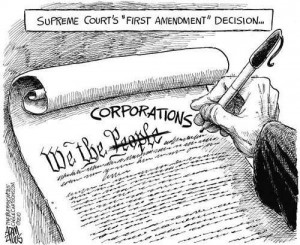


 Some people —
Some people —  During the run-up to closing, we hired a home inspector and a lead inspector. When it came time to move, we needed movers to carry most of the big stuff (and I won’t lie, they carried plenty of the small and medium stuff, too). We called
During the run-up to closing, we hired a home inspector and a lead inspector. When it came time to move, we needed movers to carry most of the big stuff (and I won’t lie, they carried plenty of the small and medium stuff, too). We called  Then in the late summer, we
Then in the late summer, we 